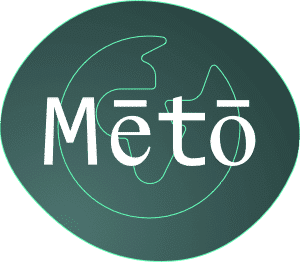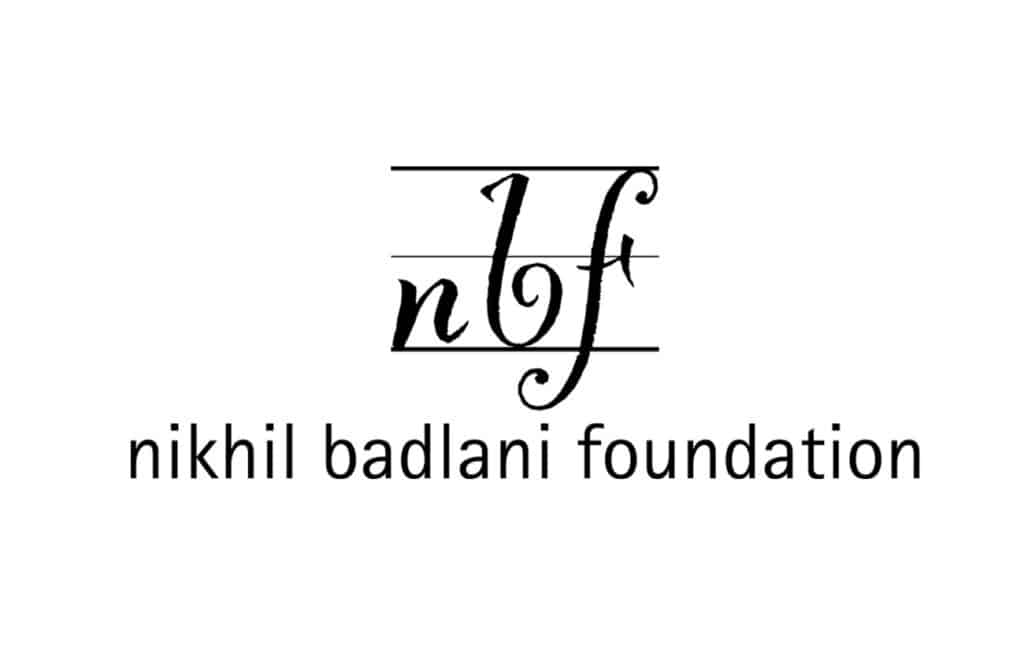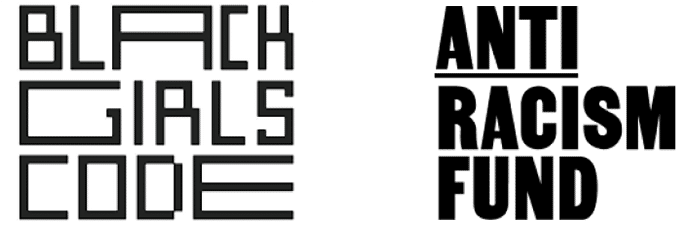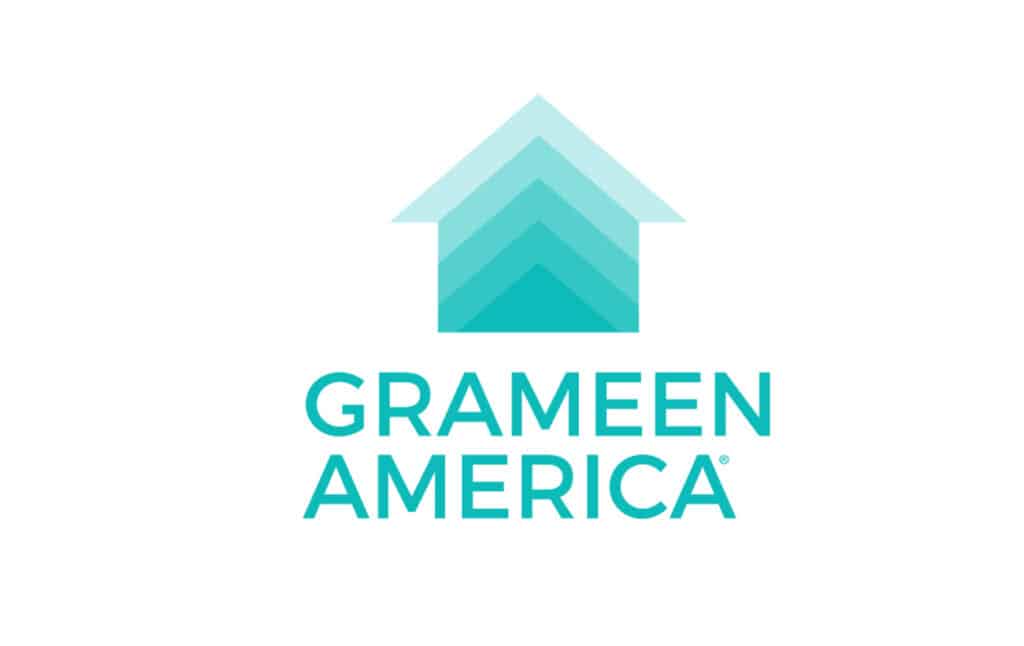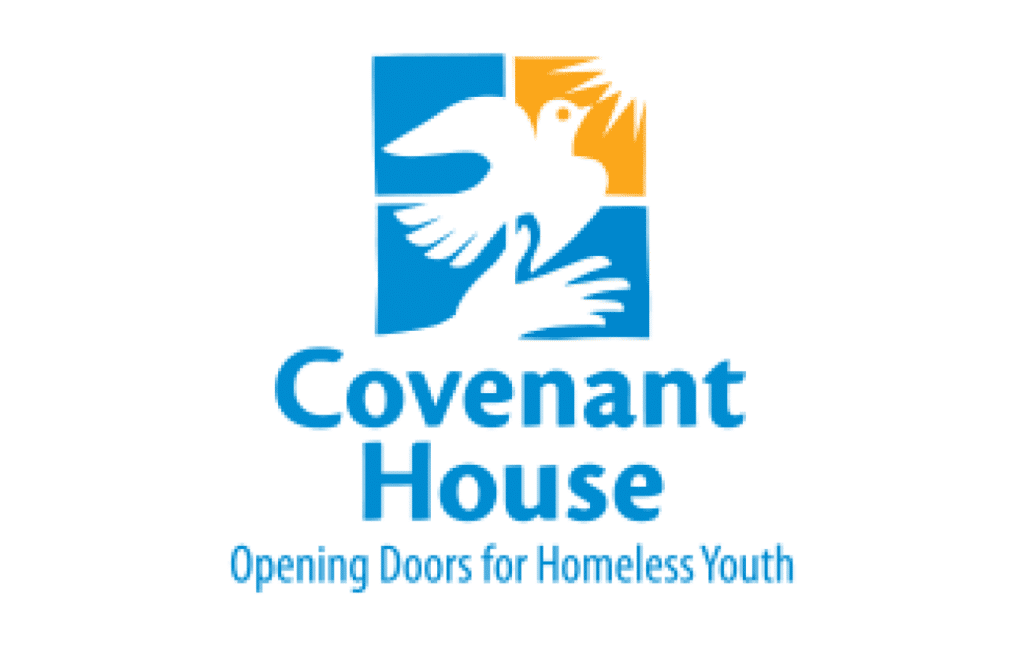For some reason, publishers have slowly adopted new ad ops methods. Many have fallen into the pattern of simply doing things as they have always been done.
Many of the processes in current and long-standing ad ops workflows are heavily manual, like audience targeting, campaign set-up, optimization, and data analysis, to name a few.
This doesn’t feel like it’s setting ad ops teams up for success. They are typically working on parallel campaigns across different ad servers and platforms, resulting in heavily fragmented data, making it difficult to track and analyze campaign metrics when done manually.
Manual ad ops lead publishers to face challenges such as error rates, large numbers of make goods, longer revenue recognition processes, and lack of ability to optimize workflows for efficiency. Not to mention, these processes create a hefty amount of manual work that is repetitive in nature and prime for automation.
“Manual processes in operations create inefficiencies and consume time that could be better spent on revenue-generating activities. Their reliance on constant human input is prone to human error generating even greater inefficiencies in fixing mistakes.” Gordon Tatomirovic, Projects and Partnerships Lead – Digital Operations, Nine.
But publishers aren’t the only ones trying to navigate through these challenges.
The Inefficiency of Legacy Workflows
We are seeing a trend of ad monetization driven by manual ad ops processes bleeding into various industries. Many ad ops processes utilized by new media players, including retail media networks, CTV, and streaming companies, are adaptations of legacy processes and workflows used by long-standing publishing and media brands.
The speed at which retail media networks, CTV, and streaming media have grown in recent years has created a need to continuously run their processes as quickly as their respective industries and the ad monetization revenue models they utilize are evolving. The rapid growth in the industry, coupled with the demand for targeted audience reach, has left little to no time for these increasingly popular platforms to evaluate their processes and optimize for speed and growth. These new players are quickly encountering challenges that took publishers and legacy media brands years to face and address because of their rapid growth and digital nature.
The legacy methodologies that worked in the past no longer serve today’s modern digital media players. With the cost of new eyeballs and audience targeting getting steeper each day, these platforms need to create more sophisticated offerings that enable growth at scale for both their business and their clients.
The path to achieving optimal efficiency and output is through automation and AI integration to streamline existing processes and workflows.
The Rise of AI and Machine Learning
Technology has become a vital tool across all industries to enable efficiency. Let’s look at automation in the same light.
Brands that leverage ad monetization strategies intend for automation to become a tool in the existing MarTech stack that enables companies to take the menial, repetitive tasks off ad ops plate and free them up to focus on account and client management and business growth strategies. Implementing automation and AI into existing processes and workflows should be seen as an opportunity to grow and expand skills.
Teams and individuals who are inputting data into spreadsheets, manually checking and cross-checking targeting, or pulling data from multiple sources to create manual reporting could use that time to instead focus on more advanced strategies and other elements of the process that are harder to automate. The ability to make connections between brands and end customers will always be human-driven, and elements of these emotion-based processes, like design and messaging or building relationships with clients, must be driven by humans.
Automation is also a key factor in enabling career growth and development. The need for people to do remedial tasks takes time away from higher-level thinking and strategy, which ultimately will be what drives great results. By providing teams with the tools they need to automate certain functions, businesses are also enabling these teams to upskill and grow as professionals.
“Through our partner, Theorem, we have been able to use their screenbot technology to eliminate thousands of man-hours worth of work a year, and our team can better use this time in servicing our clients. Further, Theorem has been able to automate many of our reporting requirements, saving countless hours.” Gordon Tatomirovic, Projects and Partnerships Lead – Digital Operations, Nine.
AI isn’t about taking jobs away from people. It is about freeing up their time to contribute more to the overall growth of their business and having more time to focus on their professional development and career pathing.
Implementing Automation Strategies
We’ve talked about the need for automation. Now it’s time to dig in and talk about the how.
How can media companies and business units implement automation into their workflows?
As a result of the manual elements of most workflows, many publishers face challenges when it comes to error rates, large numbers of make goods, longer revenue recognition processes, and lack of ability to optimize workflows for efficiency.
The first step in establishing how to best automate is for companies to pinpoint where current processes are slowing them down and preventing them to scale. When automating, it is first important to remember where the processes have come from. Having a deep understanding of existing processes within media organizations and identifying elements that could be automated to increase speed and efficiency while eliminating error rates is key.
The next step in the automation process is understanding the business’s current and future goals and objectives. Companies must consider the existing and future states of the business when analyzing where and when to implement automation across existing processes and how that will evolve as the business grows at scale. Starting with back-end automation implementation will help resolve current challenges that will enable better visualization of elements within additional workflows and processes that are prime for automation.
The bottom line is that automation isn’t just a “nice to have” anymore – it’s become necessary for business success. The speed at which industries move today forces companies to reevaluate their processes and find areas to increase efficiencies to drive sustainable revenue and reduce human errors. Overall, automation isn’t a bad thing. If anything, it frees up time for employees to pursue their passions and play a bigger role in the business’s overall success.
Companies must understand now is the time to automate. And if they don’t, they are going to be left behind.


